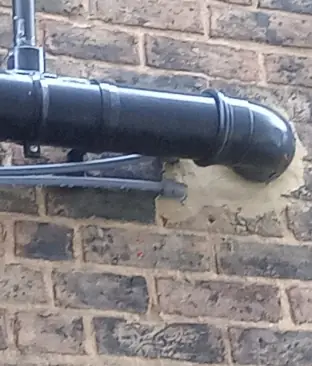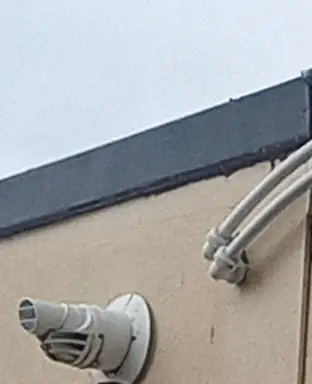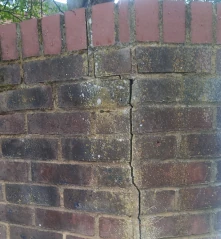last updated September 3rd, 2025

If you are unfamiliar with surveys, you should first read House viewing checklist for buyers - What is a house buyers inspection? which is an introduction to what you can investigate yourself during the house buying process. It shows how you can inspect a home room by room with little or no technical knowledge leaving the detailed inspections to experts.
Buying a house without a survey is risky. A survey is a health check on the property and skipping a home survey leaves you open to discovering problems later after the purchase. Banks may not give you a mortgage without and independent view on the condition of the property.
It tells you if there are any problems that might cost you money to fix later on. For example, it could uncover issues like damp, structural problems, or problems with the roof. Without a survey, you might not know about these problems until after you've bought the house, which could end up being expensive to fix. Think how much it costs to replace a heating boiler or just a house in the roof.
If you have not written down and defined exactly what you want, you can take at look at our Home Buyers Wants and Needs List to first help you describe your ideal home. This will help you understand prior to viewing both how the new house can become your home and also its' true value. A survey can help you understand if the price you're paying is fair based on the condition of the property.
Without this information, you could end up overpaying for a house that needs a lot of work, or you might miss out on a good deal because you didn't realise the property was in better condition than it seemed. Getting a survey is an important step to make sure you're making a smart investment when buying a house. You should also go through our Insurance - protecting your home which can reveal more about the house and surrounding area at no cost.
Home buyer protection insurance is a special cover if your house purchase falls through and can cover various costs incurred such as mortgage fees.

Skipping a survey before buying a house can lead to problems down the line. One main issue is the potential for hidden defects within the property. These issues could range from minor issues like cracked tiles or leaky pipes to more severe defects such as subsidence or faulty electrical wiring. Without a survey to uncover these issues, you, the buyer, risk facing unexpected expenses for repairs or renovations after you've already moved in. These unforeseen costs can put a strain on finances and disrupt plans for settling into the new home comfortably.
Furthermore, neglecting to conduct a survey increases the likelihood of encountering legal complications post-purchase. Certain structural issues or property defects may not only affect the house's safety and your ability to live in it but could also have legal implications. For instance, if the property is not compliant with building regulations or has unresolved disputes with neighbours, you could find yourself in legal battles.
By carrying out your own 'self-survey' you can decide if you really are interested before investing in the other detailed surveys that we describe at What are the different types of house buyers survey? Thorough surveys done before finalising the purchase mitigate risks and allow you to make more informed decisions about the property you're buying, safeguarding yourself against potential legal headaches and financial burdens in the future.
Do I have to have a survey when buying a house? - Survey FAQs answers typical questions about surveys.

The checklists supplied are based on real experience and are there to help you to buy your property. By carrying out the primary survey, you will get familiar with the house and any problems at minimal inspection cost. It allows you to make a rational decision on whether to buy the property or leave it before spending money on structural surveys - a decent self-survey can save you money and stress.
Download our Free PDF Printable House Viewing Checklist Survey.